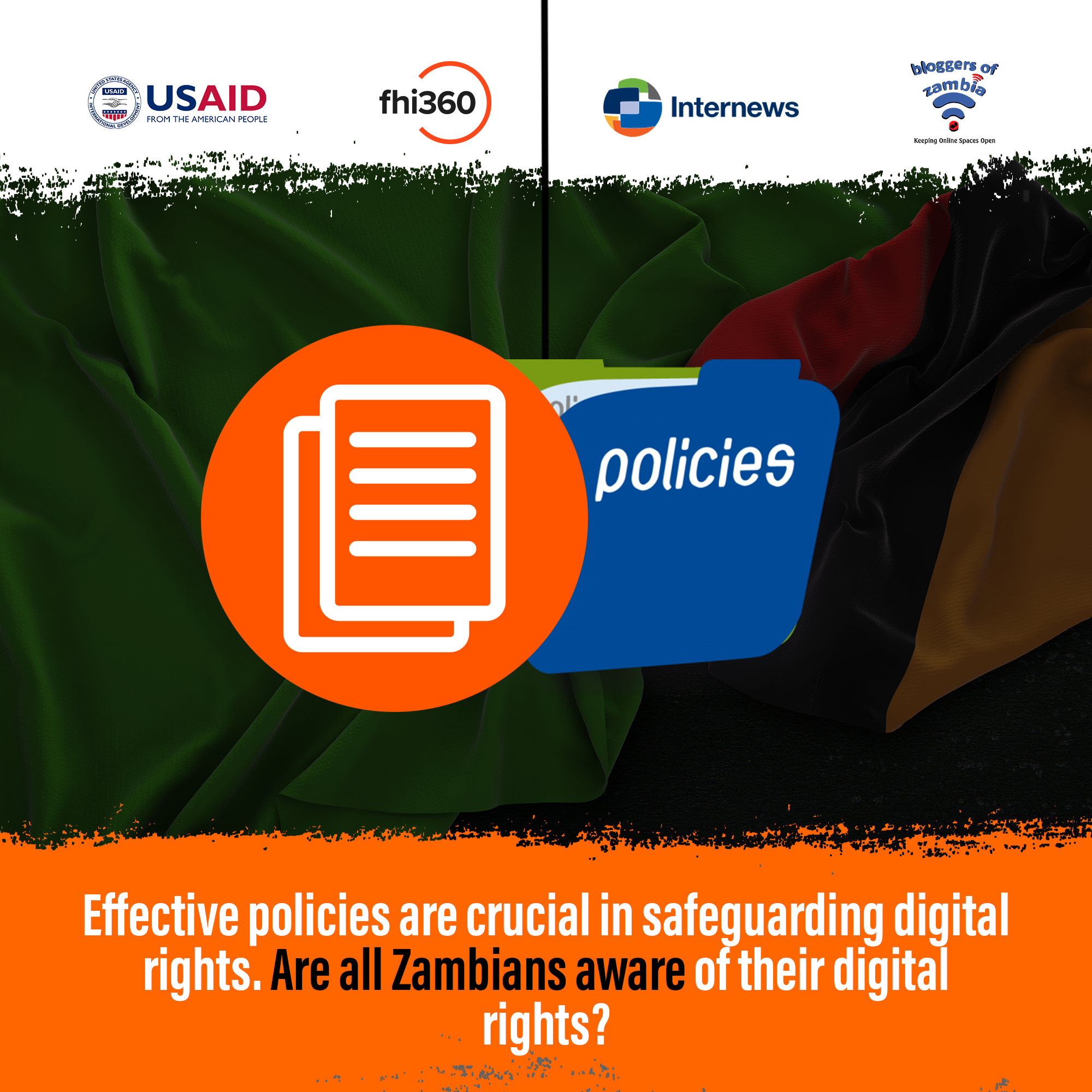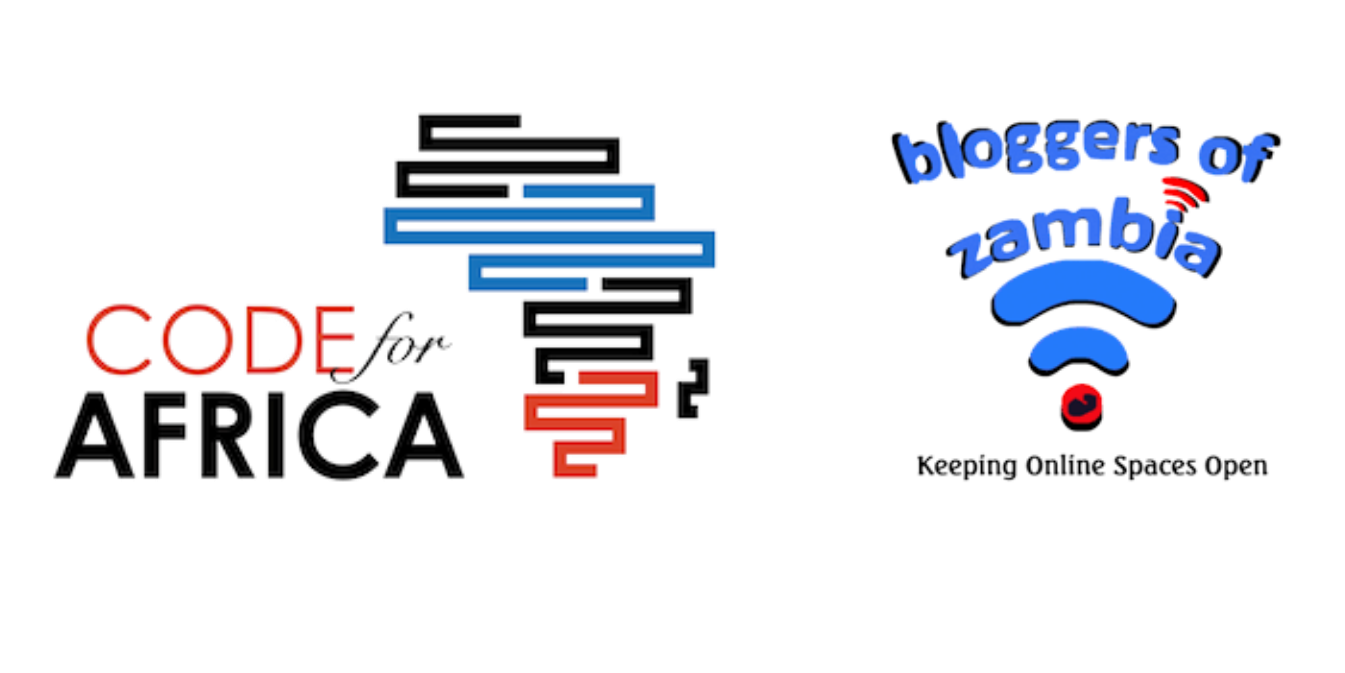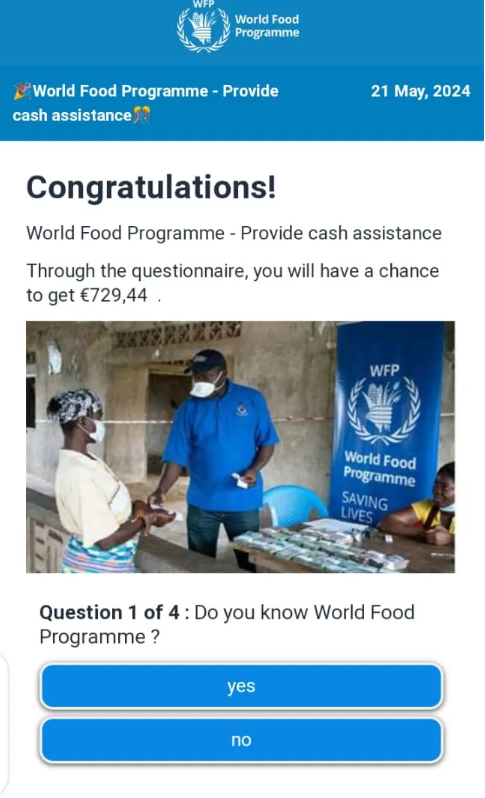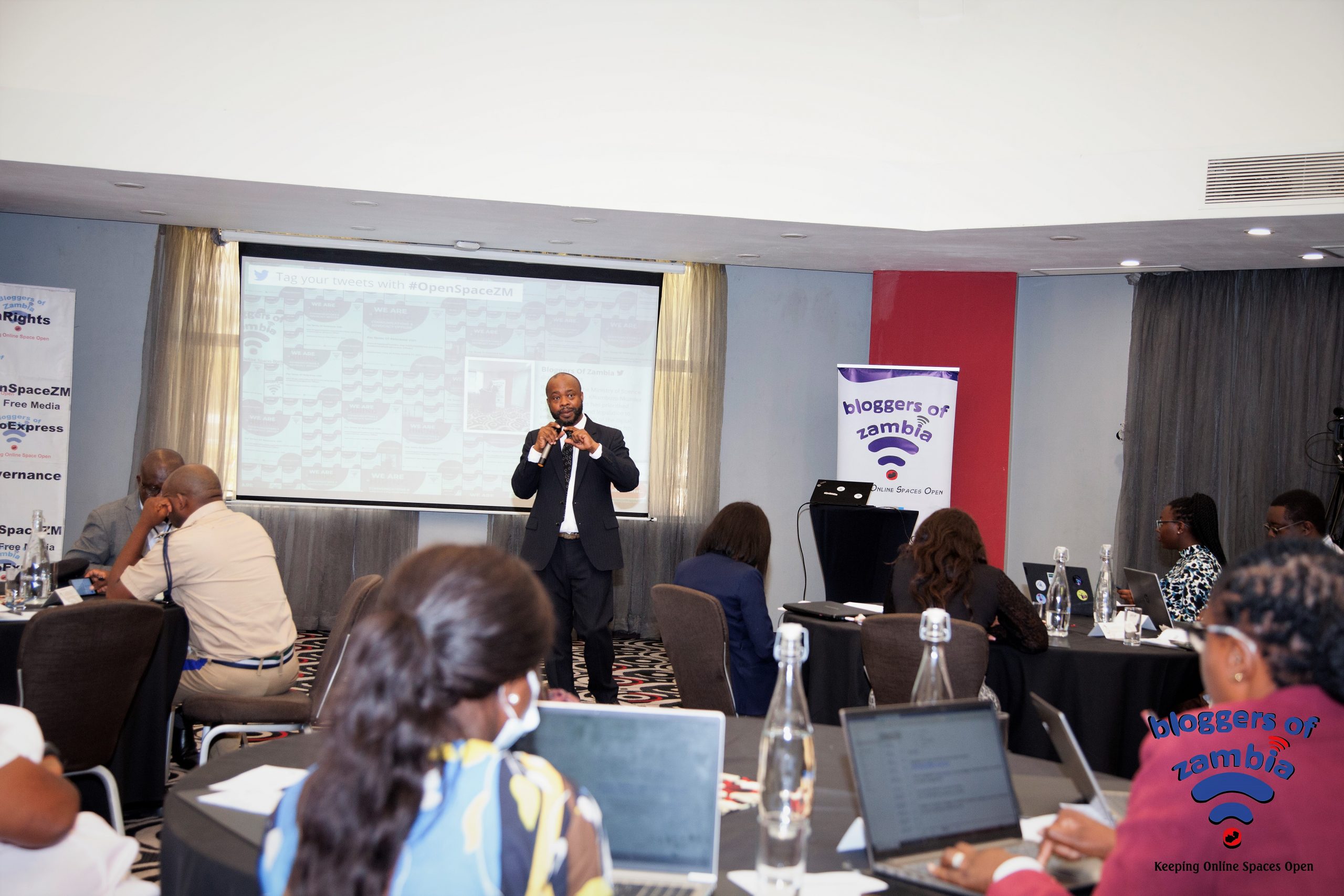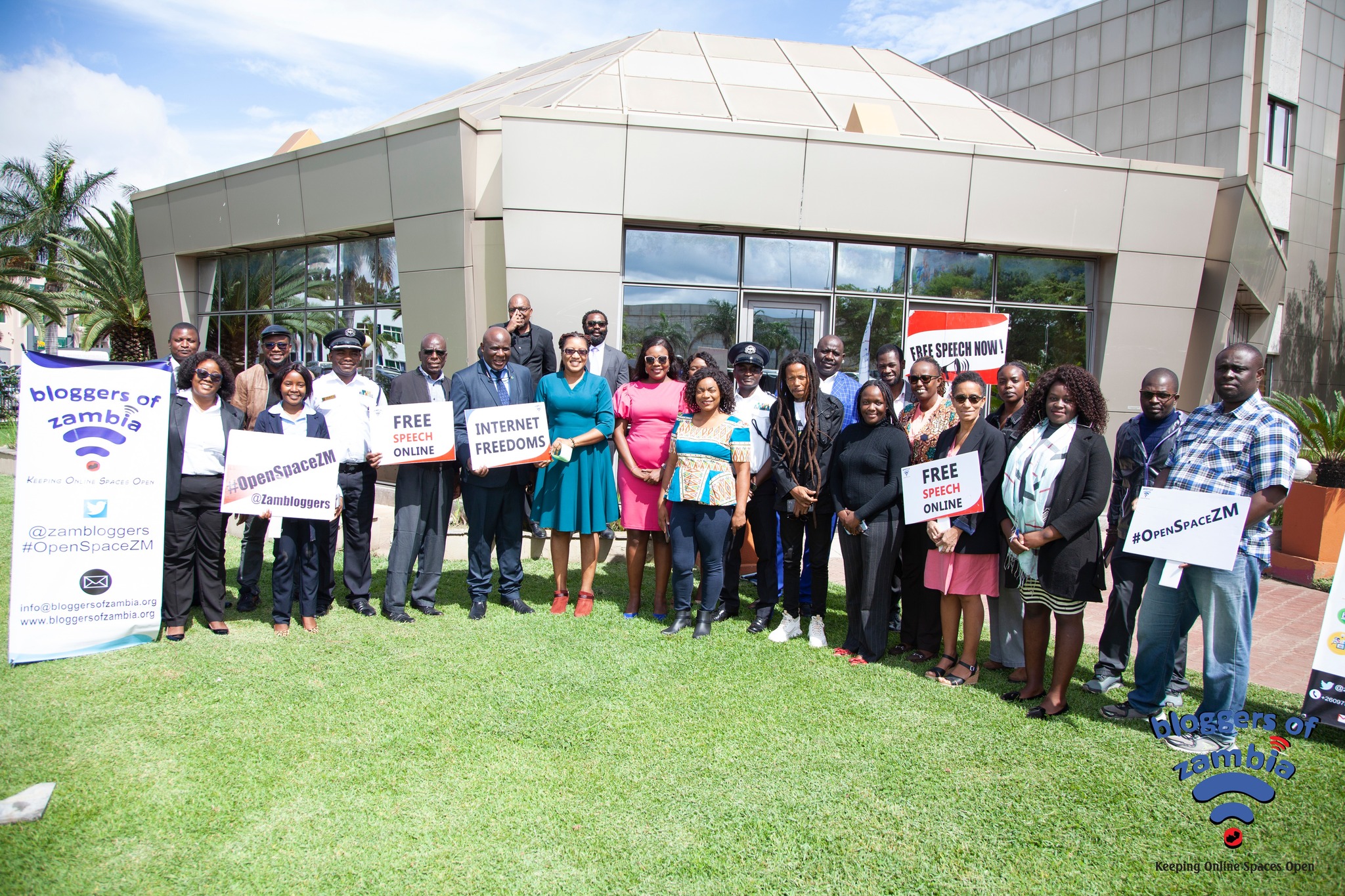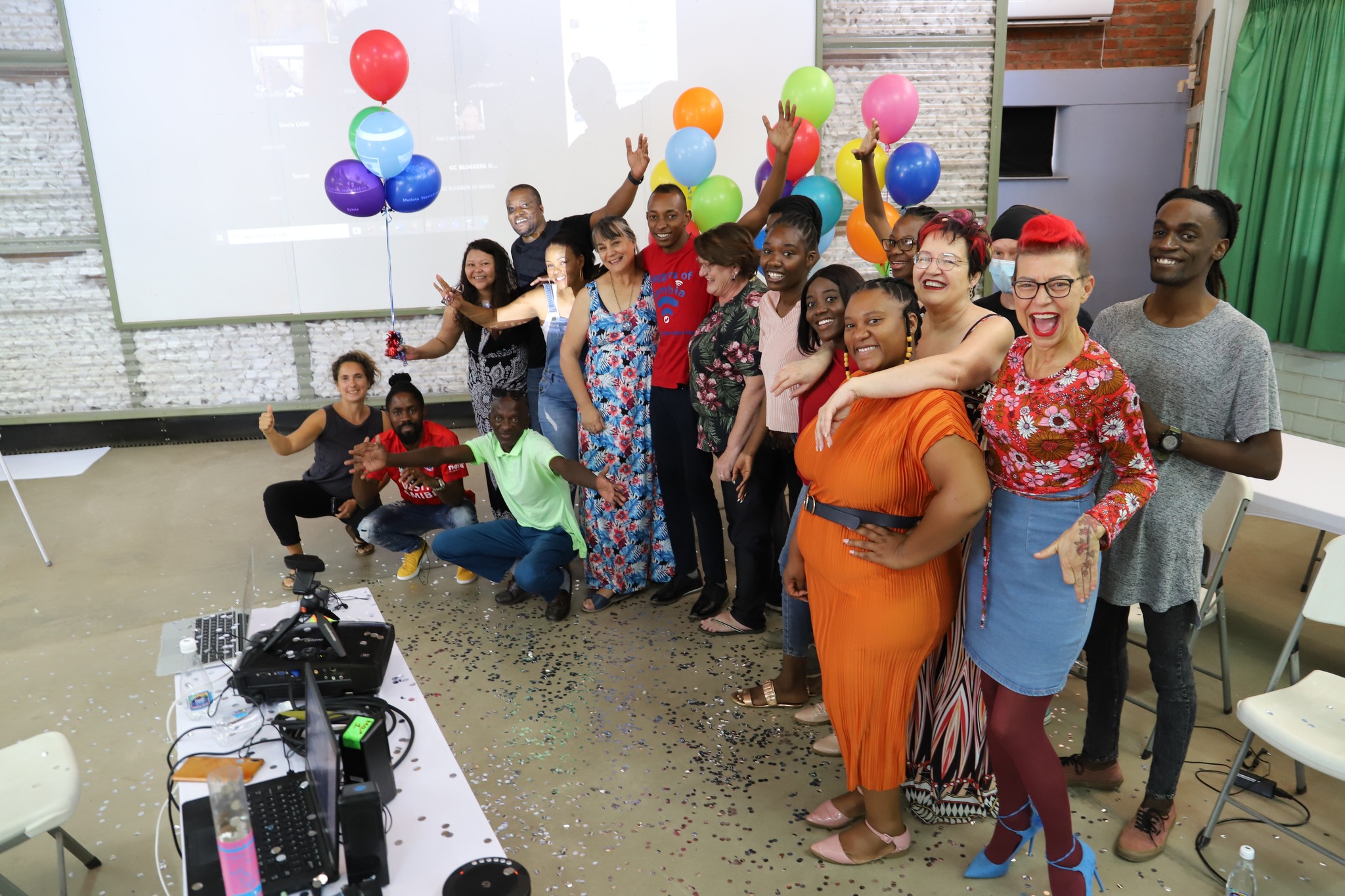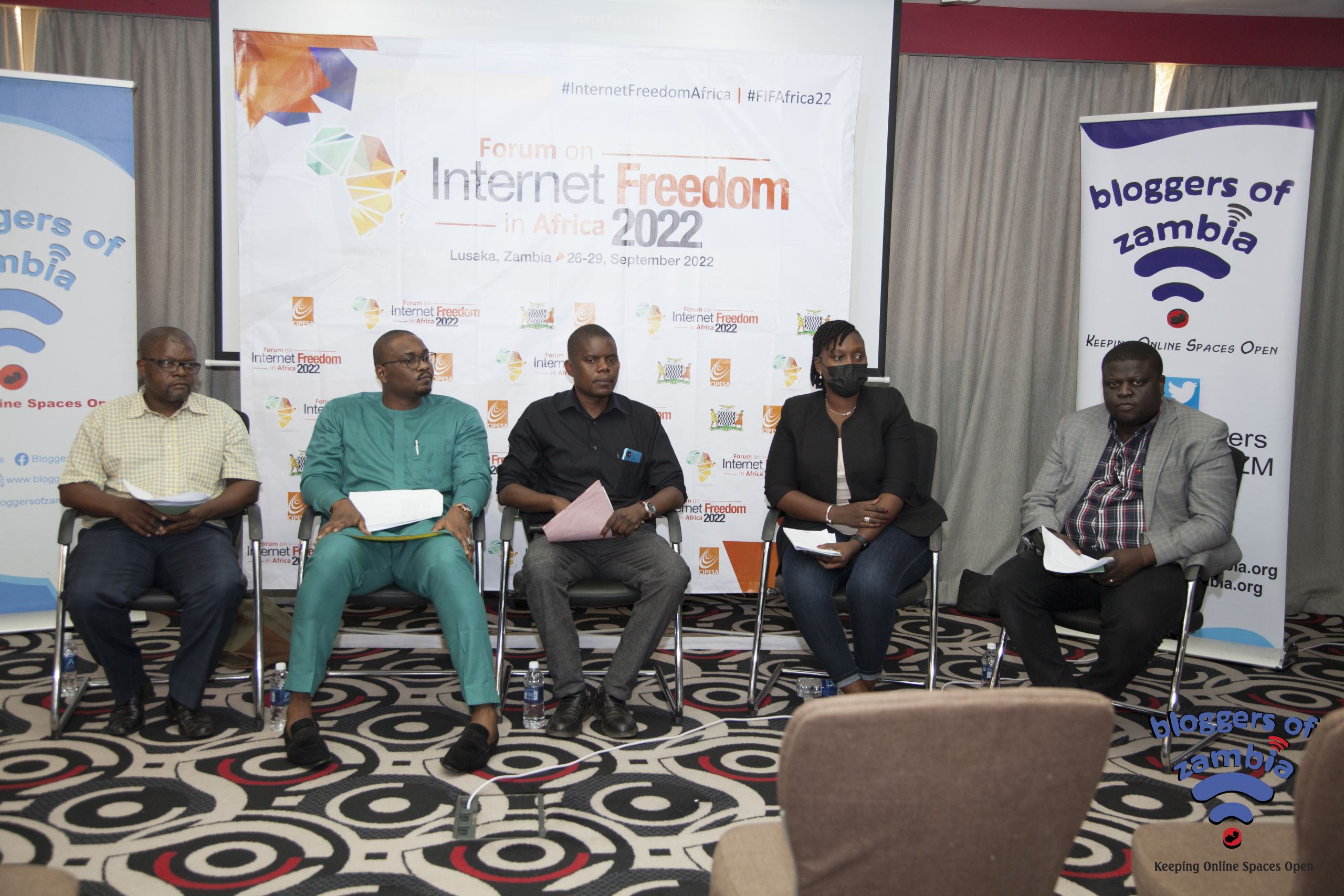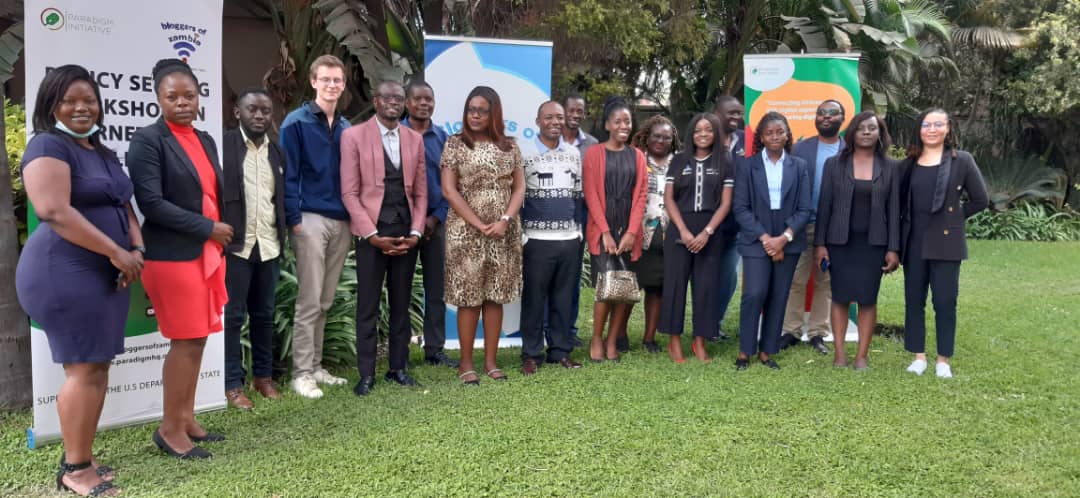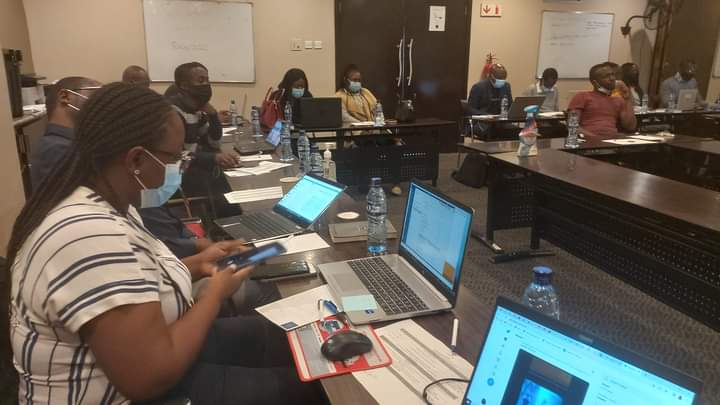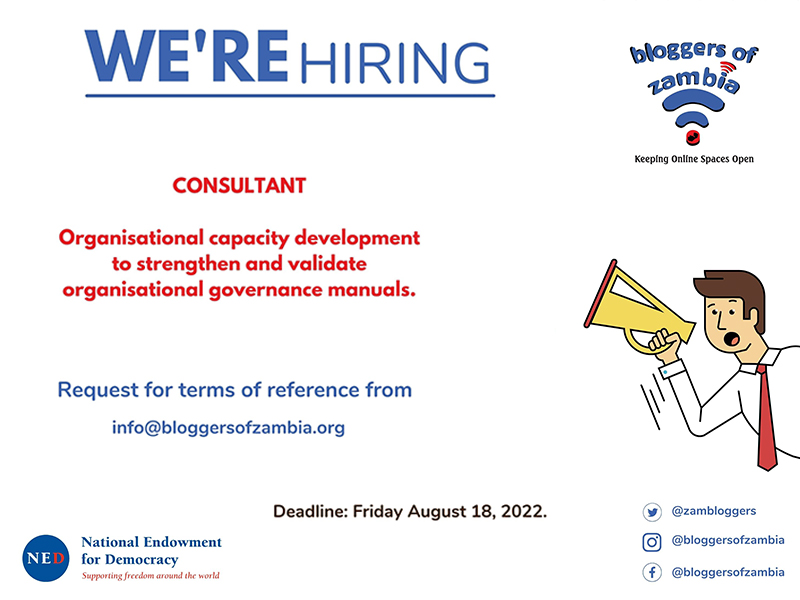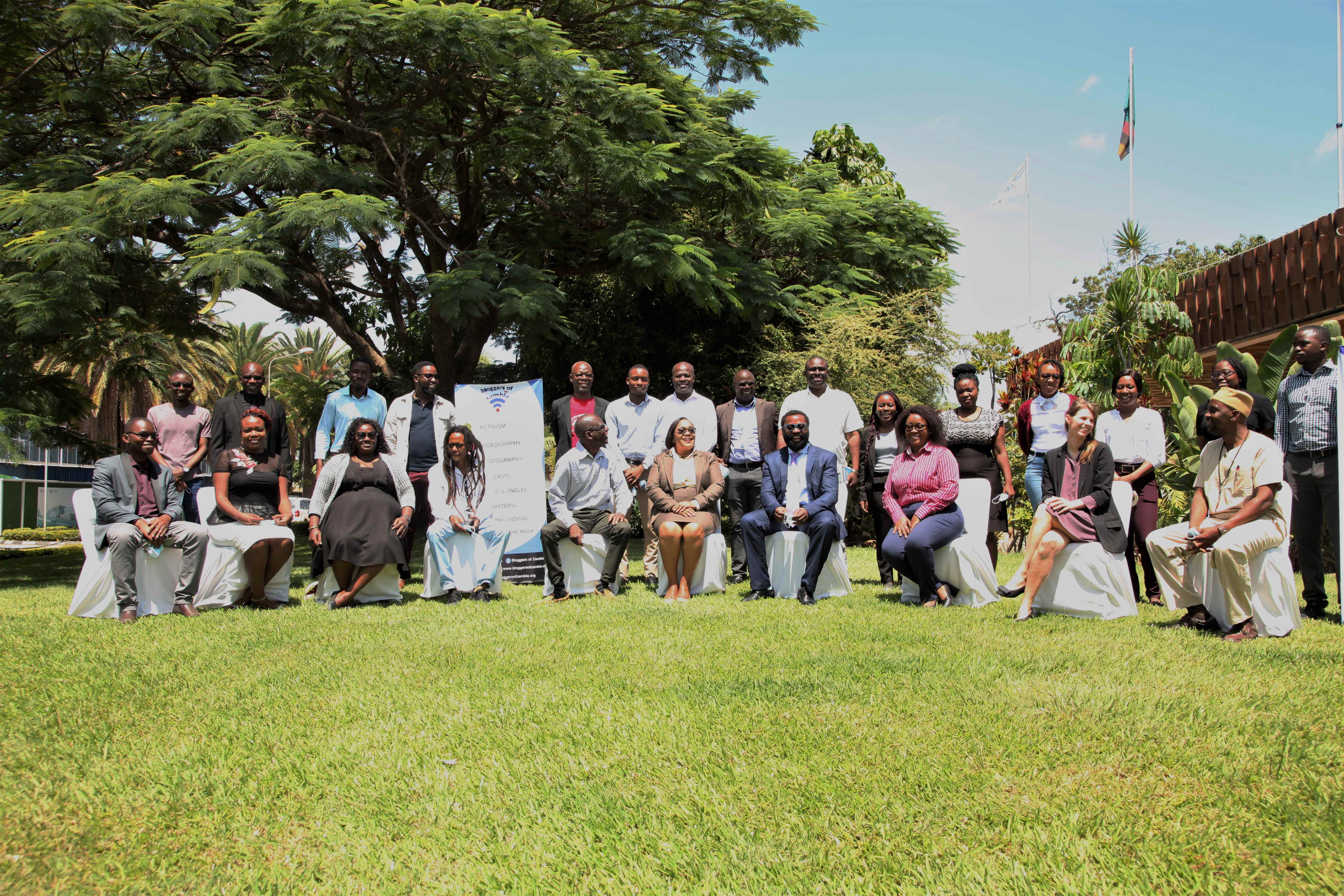In the age of rapid digital transformation, connectivity is more than just a convenience, it is a lifeline. But in Zambia, where electricity rationing is a daily reality, that lifeline has become a challenge.
Imagine that students are preparing for an important exam, only to have the power go out, their online resources are not accessible. Small business owners have important transactions, but once electricity cuts and their chances of securing a deal are gone.
Electricity rationing is not just an inconvenience; it is a barrier to internet access. In a world where digital rights are human rights, where access to information, education and economic opportunity depends on being online, power cuts are cutting off more than electricity.
This means the hours of load-shedding is cutting off our potential, our voices and our rights. For citizens in rural areas, where access to power is already limited, the challenge is even greater. The digital divide widens with every blackout, leaving the most vulnerable further behind. In a country where the digital transformation is growing rapidly, electricity rationing threatens the gains.
But it does not have to be this way. There is a need to invest in sustainable energy by prioritizing the digital needs of all citizens to ensure that the lights stay on, not just in homes but in the future as wells. Electricity rationing is a big challenge. This is because when the lights go out, it is not just the power that we lose, it’s our digital rights also. Let’s ensure that every Zambian has the power to stay connected.
Listen to our podcast to learn more about how your rights are being impacted.
Do you think your digital rights are affected by the electricity load-shedding and rationing?
